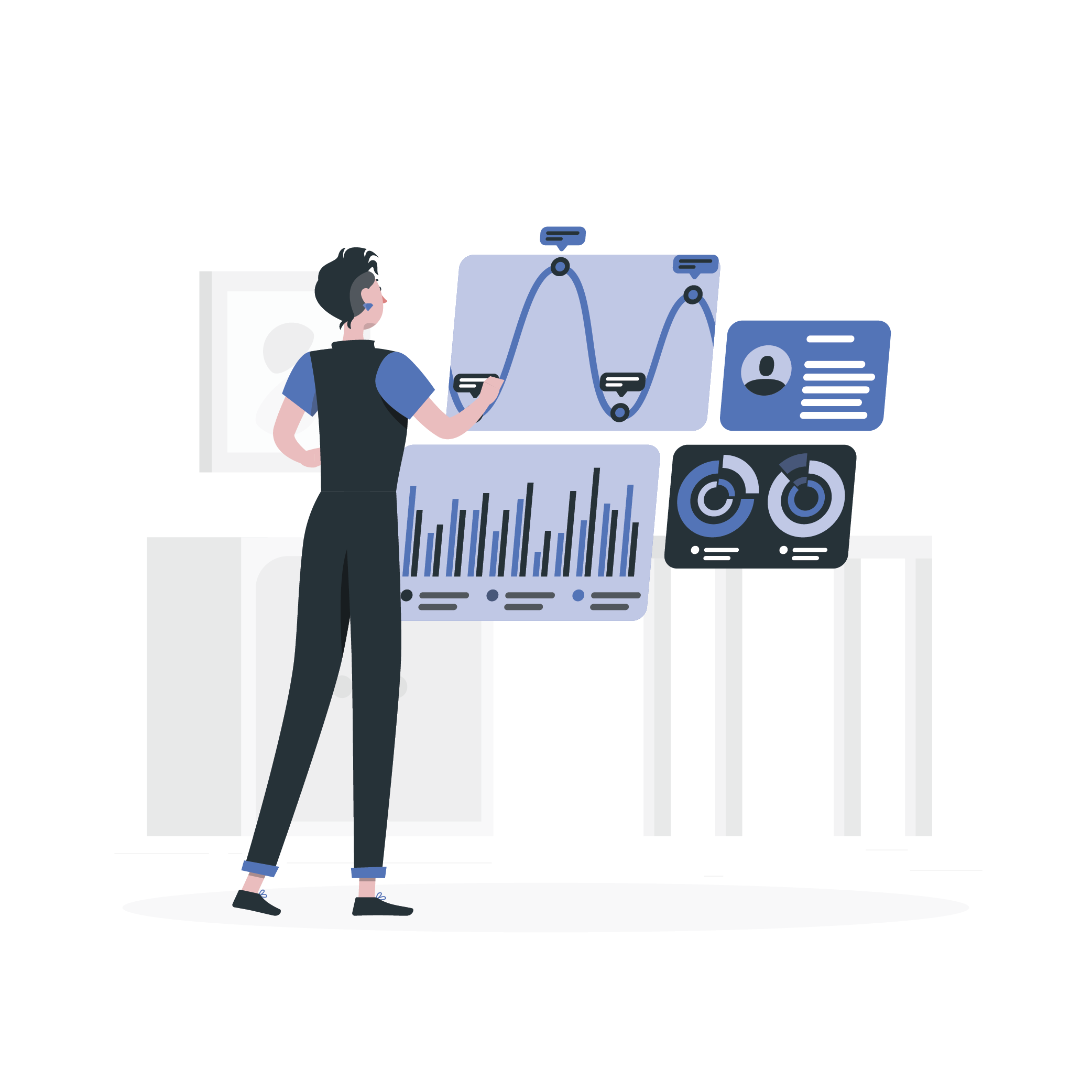
Why front counter training is just as critical as technician training
Jobbers play a crucial role in supporting automotive repair shops, primarily by providing high-quality auto parts. A significant part of this support has traditionally been offering technical training for technicians. This makes sense — after all, skilled technicians are becoming harder to find, and without proper training, they won’t be able to repair vehicles effectively.
If cars don’t get fixed, no parts get sold.
However, while the importance of training technicians is well understood, one crucial area of training often gets overlooked: Service advisors. If jobbers want to provide true value to their customers, investing in advisor training is just as essential — if not more so — than technical training.
Why train service advisors?
Service advisors are the face of the business. They don’t need to know how to fix cars, but they must be friendly, empathetic and skilled at building relationships. A well-trained advisor cultivates a loyal customer base, leading to clients who trust their shop so much that they drop off their keys and say, “No need to call — just fix my vehicle.”
The advisor also plays a critical role in organizing the workflow of the shop in a way that makes financial sense. Without a competent advisor at the front counter, even the most skilled technicians won’t be able to operate at full capacity. Without proper scheduling, effective communication and structured service processes, a shop is doomed to inefficiency and financial instability.
How to provide value
If you are a jobber looking to truly support your shops, organizing service advisor training can be a game-changer.
Many shop owners recognize the need for training but may not have the resources to arrange it themselves. By taking the lead in organizing the training — securing a meeting space, providing meals and facilitating an environment for learning — you demonstrate real value to your customers.
A typical two-day advisor training session could cost a shop anywhere between $1,000-$1,500 if sourced independently. However, if you coordinate the training and gather 20 participants, you can reduce the cost to $800–$1,000 per student.
Not only does this make training more accessible, but it also strengthens your relationships with the shops you serve. By helping them succeed, you ensure they remain strong, loyal customers who continue to buy parts from you.
What advisors learn in training
The return on investment (ROI) for advisor training is substantial. Shops that invest in training their advisors see improved customer retention, increased sales and greater efficiency in their operations.
But what exactly do advisors learn in these training sessions?
1. The Value of a Complete Vehicle Inspection
One of the most critical lessons advisors learn is the importance of performing and communicating a thorough vehicle inspection. A complete inspection, when properly explained to the customer, leads to a higher average repair order. More approved repairs mean more parts sold, directly benefiting the jobber and the shop alike.
Additionally, when customers receive comprehensive service, they are more likely to return for future maintenance, creating long-term revenue growth.
2. Creating and presenting professional estimates
Another essential skill is how to create a professional estimate and present it in a way that builds customer confidence. Advisors learn how to clearly explain what work is needed, why it’s necessary, and what benefits the customer will receive.
When done correctly, this presentation leads to more approved repairs and an increase in parts sales.
3. Mastering the art of closing sales
Training also equips advisors with the ability to close sales effectively. By gaining confidence in their ability to communicate value, advisors can better handle objections and help customers feel comfortable saying “yes” to repairs.
The result? More completed repairs, more parts sold and more revenue generated for both the shop and the jobber.
4. Handling objections and de-escalating conflicts
A significant part of an advisor’s role is dealing with customer concerns and objections. Training teaches advisors how to navigate these conversations professionally and how to de-escalate problems before they become major issues.
When customers feel heard and respected, they are far more likely to return for future services rather than seeking out a different shop. Again, this leads to sustained business growth and continued parts sales.
Advisor training is a win-win
While technical training remains essential, front-counter training has an undeniable ROI for both the shop and the jobber. Shops with well-trained advisors operate more efficiently, close more sales and build lasting relationships with their customers. This leads to increased parts sales, higher revenue, and stronger long-term relationships between jobbers and the shops they serve.
If you’re a jobber looking to differentiate yourself and add real value to your customers, offering service advisor training is one of the best ways to do it.
By facilitating this crucial training, you ensure that your shops thrive — which, in turn, means more business for you.
Alan Beech has been a shop owner, entrepreneur and coach in the automotive industry for the past 40 years. Today his main focus is Beech Consulting in which he works closely with shop owners and advisors to maximize their potential.
This article originally appeared in the May issue of Jobber News












Leave a Reply